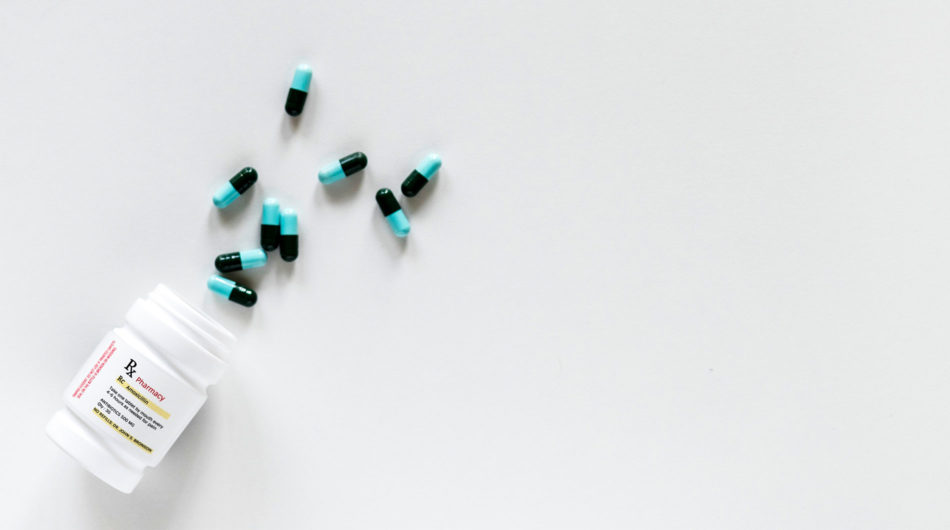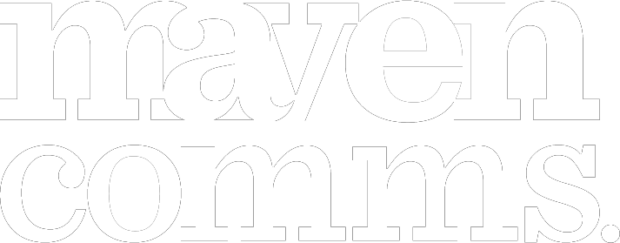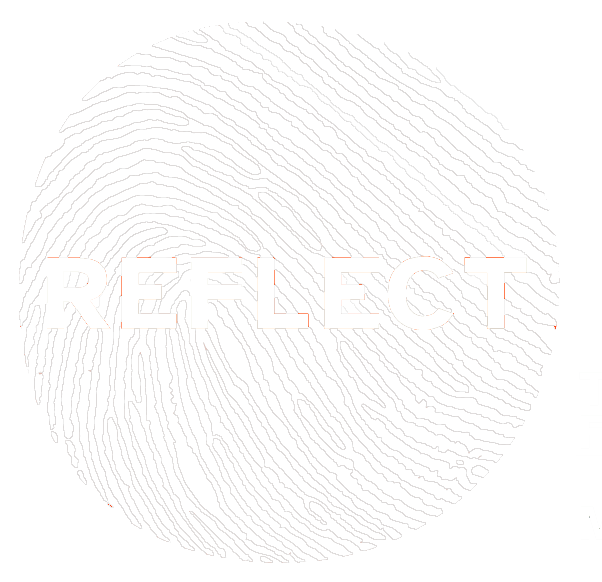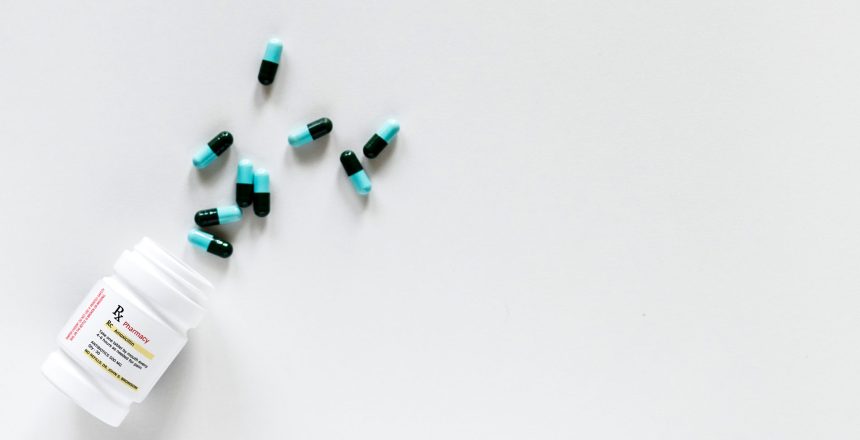We are in the middle of a healthcare revolution, although you may not have realised it.

Every few decades, healthcare experiences disruptive changes that lead to revolution. In the 1870s, germ theory, antiseptic and advances in anaesthesia meant you were less likely to lose your life if you lost a limb. In the early 20th century, the principles for modern healthcare were established, with the introduction of educational standards, licensing for physicians and nursing practices. Visiting the wise woman (there are two things you should know about her) was a thing of the past. Penicillin was discovered in 1928 and by the 1940s the randomised controlled trial was established, ushering in the era of evidence-based medicine and defining healthcare as we know it today.
The healthcare industry has been somewhat Luddite in its adoption of digital technology over the last few decades. But the building blocks, such as e-records, mobile technology, sensors and gene sequencing, are now in place for a personalised, predictive, mobile and ubiquitously accessible healthcare of the future. So what do we predict it will look like in 2044?
- Precision medicine
You will hold your full genome and health data on your personal cloud store (along with all your other data). Healthcare providers will use global knowledge brokers to diagnose your health (they aren’t allowed to keep it themselves). A personalised health dashboard, probably built into your bathroom mirror, will set you daily targets, such as the recommended number of steps you need to take that day. A sensor next to your heart will monitor you 24/7, capturing crucial diagnostic data. Micro-robots correct blockages in your arteries while also diagnosing rogue cells in real time. Most diagnoses are based on algorithms rather than symptoms. On reflection, it is similar to when you took your car to a garage and they plugged it in to find out what was wrong with it – about 30 years ago. - Mobile delivery
Although you will still occasionally need to see a doctor, much of your treatment will come via your personal device. It will interact with implanted drug dispensers, which adjust the dose released according to your health status. Your own personal Avatar coach will provide you with day-to-day advice. Which, let’s face it, could become irritating. - Outcome KPIs
The rewards for pharmaceutical and device manufacturers will no longer be measured in sales. Due to global legislation, they will be held accountable for improvements in health to the general population. As a result, they will need to collaborate closely with healthcare providers to research new diseases and treatments. - Memories are made of this
While our bodies may be a giant collection of cells, our minds are a giant collection of memories. These memories form the framework of our personalities and world views. Scientists have now discovered how to remove and restore memories through drug therapy. This has led to developments in the treatment of many mental health issues, such as PTSD, bipolar disorder and depression. Eternal Sunshine of the Spotless Mind made real.
There are, of course, many additional future scenarios and special mentions should also go to the ongoing struggle against antibiotic-resistant disease, synthetic blood manufacture to end the global shortage, exercise in a pill for the inherently lazy, and the elimination of death from cancer.
So what does this all mean for the world’s healthcare marketers?
- Almost perfect competition
Health data brokerage has opened up the market to an infinite number of providers. In this decentralised landscape, consumers will have a vast choice available when it comes to addressing their health issues. Pharma marketers will no longer be able to exploit near monopoly status, and marketers in healthcare will have to behave like those in FMCG (fast-moving consumer goods). - Unique servicing
As our DNA is unique to us as individuals (identical twins excepted), so marketers will need to become data analysis gods, creating and developing packages and products that service individuals and not groups. Real-time data analysis will create up- and cross-selling opportunities hitherto undreamt of. - Keep innovating
As new technologies come into play, it will be the job of the marketer to discover, create and exploit new market opportunities. As superglue was once used on battlefield injuries, so memory removal might eventually be used to forget a traumatic family gathering. Also an end to spoiler alerts!
Ultimately, the future of healthcare lies in the broader church of precision medicine. Rich in data, information and creativity, it will predict your susceptibility to illnesses to prevent conditions years or decades before you would otherwise experience them, largely by way of safer, more potent drugs, vaccines and health advice customised to your unique genetics.
It is my health, customised to me.
In 2044, we are going to expect magic from the healthcare industry – and it looks highly likely that we are going to get it.



